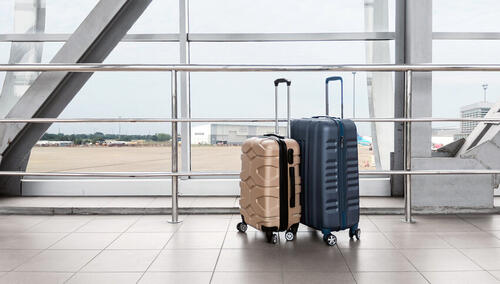Europe’s many and varied attractions make the continent a bucket list trip for many. But this region is not cheap and costs can quickly add up, taking the shine off that would-be glittering experience. Help is at hand – here are our top tips for seeing Europe on a budget.
Head East
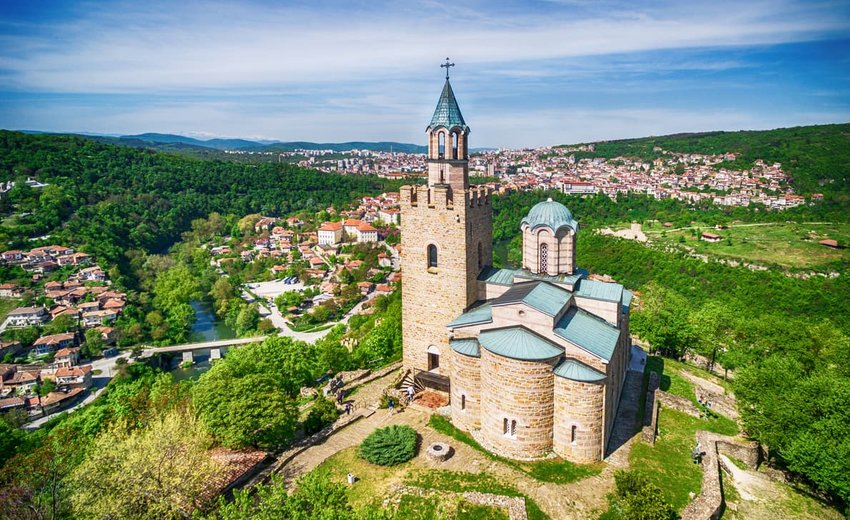
First, think about where in Europe you’d like to go. Hotspots like Paris, Rome, and London might be the first to come to mind, but to stretch your budget, head east. Prices in countries like Romania and Bulgaria are a fraction of what you’ll pay if you focused on Scandinavian countries such as Norway and Iceland. You’ll still be able to visit ancient ruins, enjoy panoramic views across the spectacularly beautiful countryside and spend lazy afternoons people watching in pavement cafés. You just won’t have to remortgage your house to pay for it. If you really can’t bear to miss out on some of the pricier destinations, pare back the number of days you spend in them to the absolute minimum and build in those rest days somewhere cheaper.
Avoid August
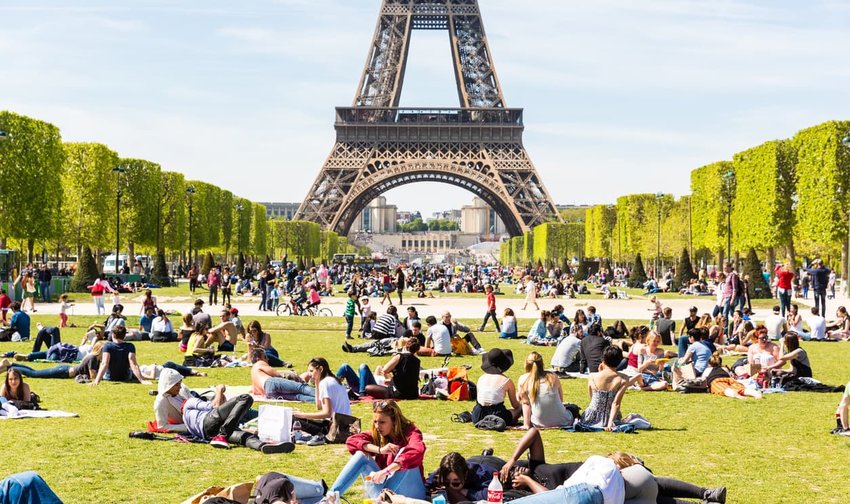
Summers in Central Europe’s big cities are sultry, stifling and sweaty – not much fun if you plan to be on your feet all day touring those must-see sights. School holidays translate to more crowds and higher prices. In places like Italy and France, many businesses close up for the holidays. In short, August’s a terrible time to be holidaying in Europe. Instead, beat the season by traveling in May or hold off until mid-September. The weather’s still likely to be good, but your accommodation costs will be lower and your chances of tackling the major visitor attractions without having to queue around the block are significantly higher.
Buy a transport pass

Many European cities offer passes for tourists but those that include entry to major attractions can be expensive unless you plan to exhaust yourself dashing to as many as possible to get value for money. Instead, buy a travel pass that enables you to hop on and hop off public transport as you please. For example, in London, get yourself an Oyster card and you can ride the Tube, classic Routemasters or Thames Clippers river boats for one daily rate. If you’re planning a multi-city vacation, you’ll find it’s usually cheapest to take the bus, but this can be slow. Low-cost airlines can be extraordinarily cheap if booked early enough but the extras soon mount up. Pack light if you plan to save time on such budget airlines. If you can make do with a carry-on bag, you’ll save a packet.
Save on accommodation

There are lots of ways to save on the cost of your hotel or hostel room. For starters, take a friend. Single supplements can be prohibitively high for solo travelers. Shared bathrooms can send the cost of accommodation plummeting, but read trustworthy reviews about cleanliness to make sure you don’t encounter facilities that will gross you out. Stay further from the city center, but make sure you’re on a train, metro or bus route – with a transport pass this won’t necessarily cost you a lot more in fares. And consider university rooms – a cool alternative to the likes of Airbnb, you could stay in the hallowed rooms of Oxford or Cambridge and pretend you’re a genius. Which you are, of course, for saving all that cash.
Book an overnight sleeper train
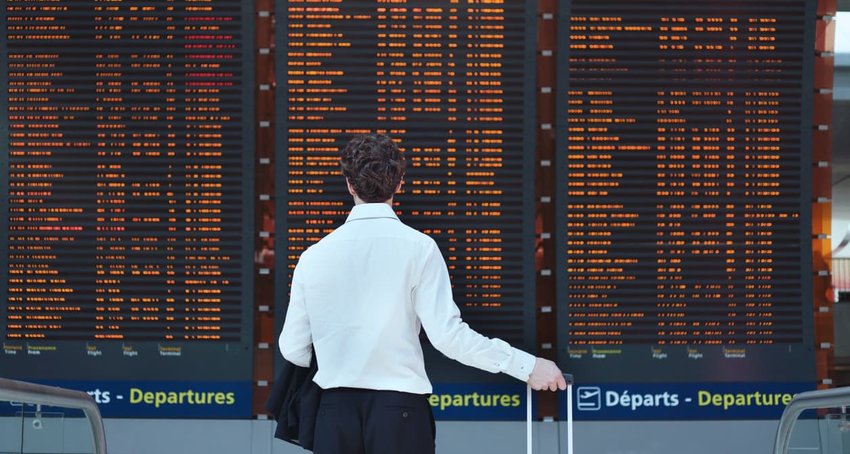
If you’re planning to tour Europe, check out whether there are any sleeper train routes that link two cities on your itinerary. Go to bed in Paris and wake up in Venice, for instance, on the Thello Night Train, or discover part of the fabled Orient Express route on the Sofia to Istanbul Express. Fares, especially if you don’t mind sharing a couchette compartment, can be very competitive. Book your place a few months in advance to secure the best deals.
Eat your main meal at lunchtime
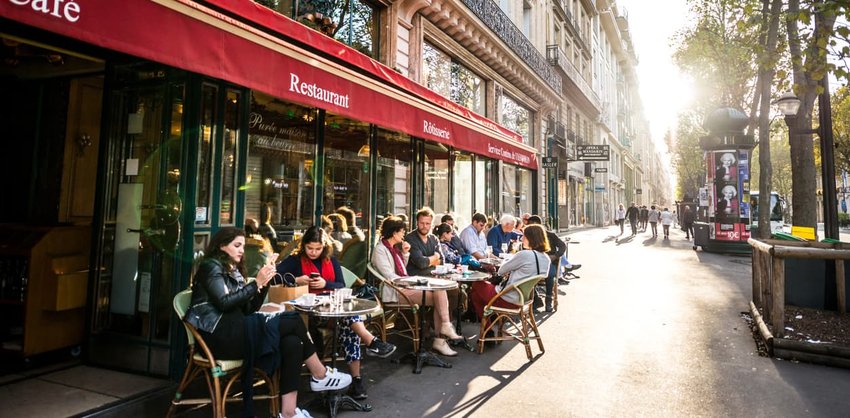
Many places offer a “Menu del Dia” or a “Carte du Jour” and at lunchtime this is considerably cheaper than in the evening. Enjoy your three courses in the middle of the day and snack on tapas or cicheti in the early evening. Many bars offer these snacks free if you buy a drink and in some places it’s a full-on gourmet buffet. Another money-saving tip is to self cater and shop in local markets for your menu items. It’s a good way of learning about the local cuisine and will save you a fortune on eating out in the process.
What’s your best money-saving tip for seeing Europe on a tight budget? Why not share it with us?

